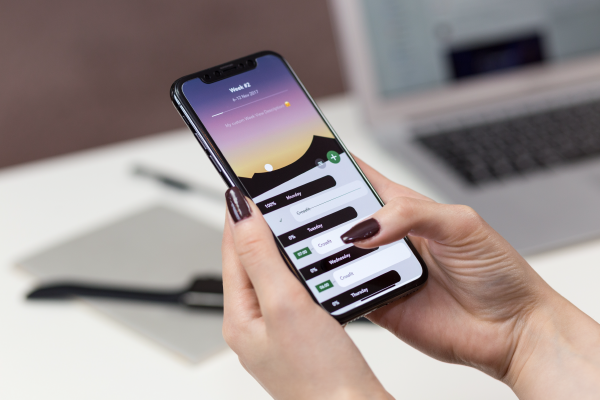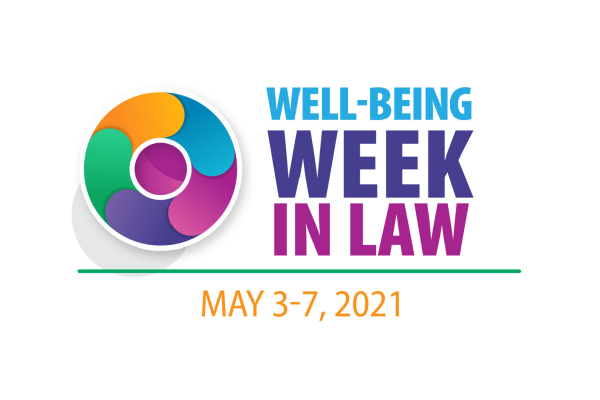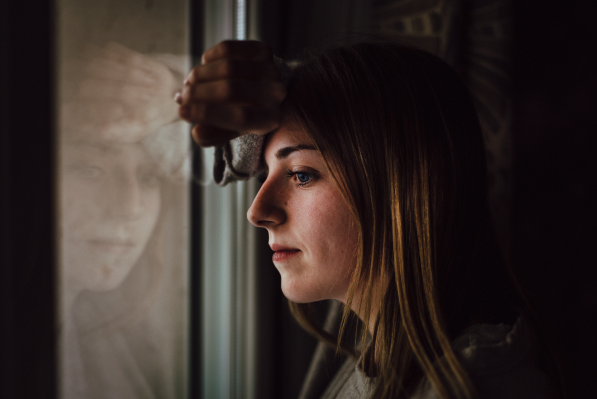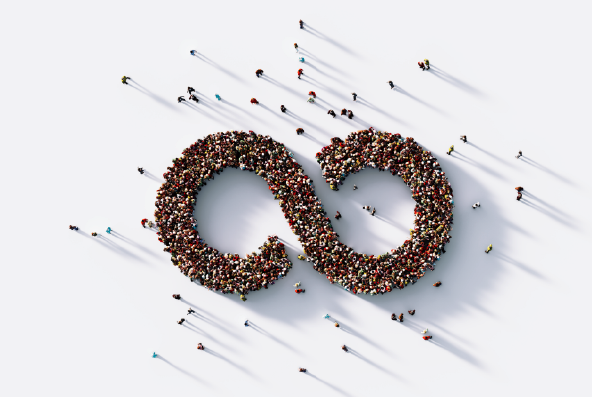Usage of meditation apps has skyrocketed since the COVID-19 crisis began. To wrap up Mental Health Month, we’re sharing a quick run-through of the top options — and a closer look at some warnings for those in the legal profession.
When it comes to mindfulness apps, there are more than enough options to choose from (roughly 2,500) — but it’s easy enough to tackle the option overload. The two clear frontrunners are HeadSpace ($96/year) and Calm ($70/year). HeadSpace is offering one year free to anyone who is unemployed. Finding the cost to subscribe to Calm (after its free week) was impossible on its website, an ironically stressful experience.
Fortunately, there are also free options. Smiling Mind, developed by psychologists and educators, is entirely free with no paid version — and is widely recognized as a top free option. Insight Timer has a free and paid version, both of which are popular choices. You can find a few more free options here.
A couple final considerations with unique foundations. Sattva provides meditations, chants, and mantras delivered by Sanskrit scholars and costs $108 for lifetime access, roughly the same cost as an annual subscription to HeadSpace and 10% Happier ($99.99 after free 7-day intro). 10% Happier was created by news anchor Dan Harris who began practicing mindfulness after experiencing a panic attack on air.
THREE IMPORTANT WARNINGS
For all the hype and legitimate help offered by mindfulness and meditation apps, it’s worth a quick pause to review a few potential concerns. The bottom line is that you need to pay attention to your individual experience and adjust accordingly. Lawyers, law students, and judges in Massachusetts can schedule a Free & Confidential appointment with one of our licensed therapists — find how here.
First, meditation can be a negative experience — and apps aren’t (yet) designed to coach you through that. “It’s difficult to tell how common [negative] experiences are, because mindfulness researchers have failed to measure them, and may even have discouraged participants from reporting them by attributing the blame to them,” according to psychologist Miguel Farias, as reported in The Guardian (here). The Guardian article continues:
Kate Williams, a PhD researcher in psychiatry at the University of Manchester and a mindfulness teacher, says negative experiences generally fall into one of two categories. The first is seen as a natural emotional reaction to self-exploration. “What we learn through meditation is to explore our experiences with an open and nonjudgmental attitude, whether the experience that arises is pleasant, unpleasant or neutral,” she says.
The second, Williams says, is more severe and disconcerting: “Experiences can be quite extreme, to the extent of inducing paranoia, delusions, confusion, mania or depression.” After years of training, research and practice, her own personal meditation has included some of these negative experiences. “Longer periods of meditation have at times led me to feel a loss of identity and left me feeling extremely vulnerable, almost like an open wound.”
With options like a “Depression Pack” from HeadSpace, growing unproven claims are under scrutiny from leaders like Zindel Segal, co-founder of Mindfulness-Based Cognitive Therapy (MBCT) and Director of Clinical Training in the Graduate Department of Clinical Psychological Science at the University of Toronto Scarborough, quoted by Mindful.org,
“It’s especially hard for people with depression to dis-identify from their own thinking—disorders like depression and anxiety have powerful messages that their thoughts carry vital information. These practices need to be customized in a way that allows them to build skills gradually and sequentially while also providing them with information about how the disorder might camouflage itself in terms of thinking patterns. … Unless you have a program that’s engineered to recognize these needs early on, then you’re going to be doing this population a disservice.”
Second, the general effectiveness hasn’t been proven for any apps (currently). Science has shown that mindfulness and meditation practices are effective at improving mood among a variety of other benefits, including reducing implicit bias, as we summarized in a previous blog post. But whether any given app applies scientific principles effectively enough to be considered effective itself has yet to be determined (Harvard Health Blog here). You can find a discussion on the status of the science with regard to Headspace, here. With studies showing ways in which our devices aren’t so great for our brains, it might make sense to ground a mindfulness practice in physical reality. Jamilah King describes a counterproductive experience with lifeless accountability reminders in a recent piece titled, My meditation app is stressing me out.
And finally, encouraging individuals to practice mindfulness doesn’t fix toxic work environments. The same article from The Guardian as above highlights how mindfulness is an insufficient solution to well-being where deeper problems persist. Not an argument against practicing mindfulness as an individual, but an argument against attempting to sell it as a panacea when more systemic solutions are needed as well:
“Rather than removing the source of stress, whether that’s unfeasible workloads, poor management or low morale, some employers encourage their staff to meditate: a quick fix that’s much cheaper, at least in the short term. After all, it’s harder to complain that you’re under too much stress at work if your employer points out that they’ve offered you relaxation classes: the blame then falls on the individual.”
Free & Confidential Consultations:
Lawyers, law students, and judges in Massachusetts can discuss well-being and mental health concerns with a licensed therapist and law practice management concerns with a law practice advisor. Find more on scheduling here.
Related Resources:
Related Programming:
NEW Starting January 7th, 2021! Mindfulness & Self-Compassion Tools for Legal Professionals: 4-Part Series – Thursdays, Jan. 7 – 28, 12pm – 1pm. Free & Confidential.




